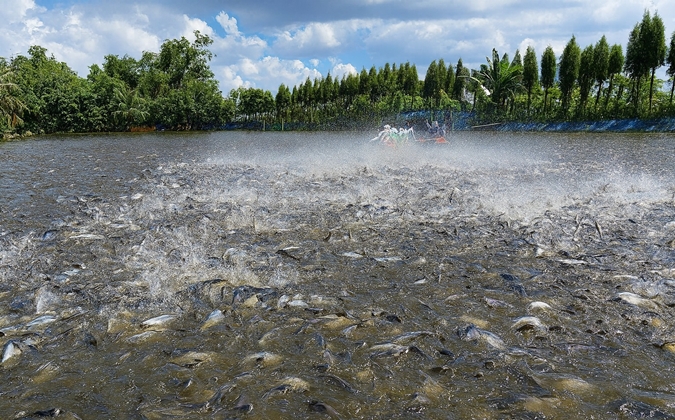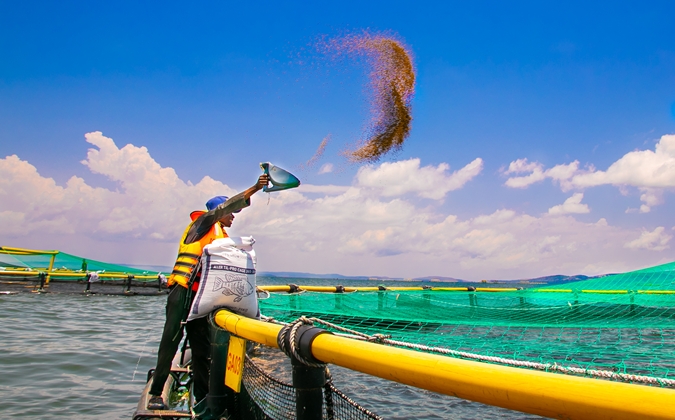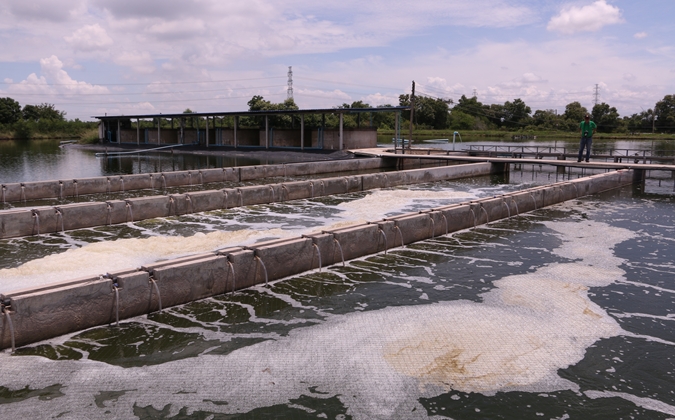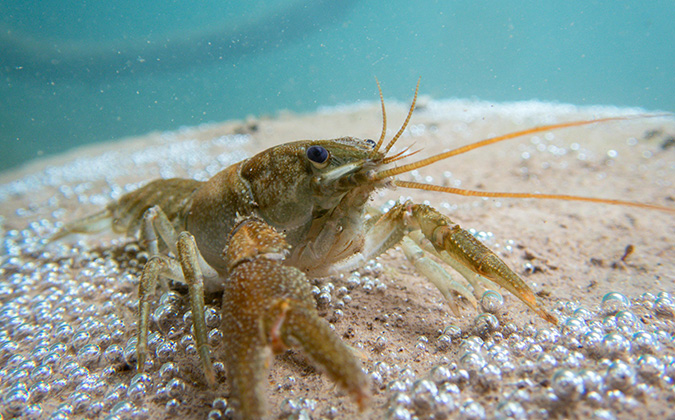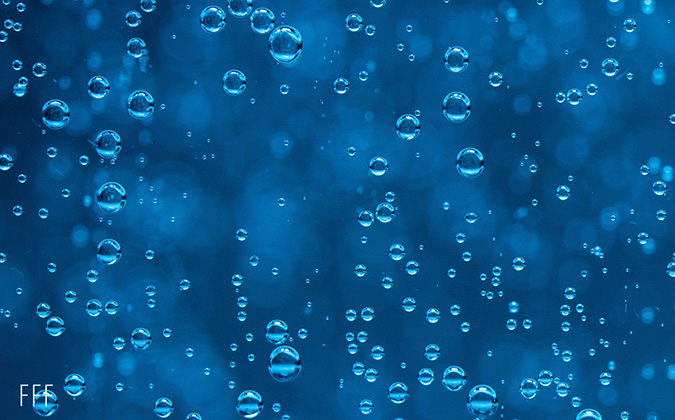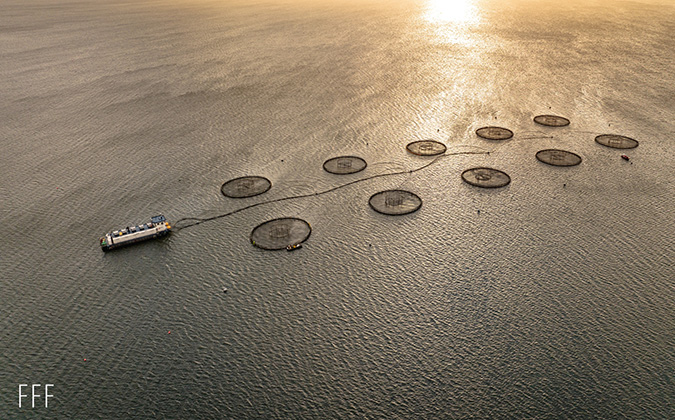
Mediterranean heatwaves putting farmed finfish under strain
The welfare of farmed seabream and sea bass in the Mediterranean is threatened by marine heatwaves, which are becoming increasingly frequent in the region.
Scientists led by Javier Atalah at the University of Alicante looked at data on the seawater temperature at locations on the Spanish coast over 40 years (1981-2022). They found that temperatures had been rising 0.75° C but with heatwaves becoming three times more frequent and lasting 50% longer in recent years.
They also saw that the trend toward rising temperatures was more pronounced at a depth of 20 meters than at surface and deeper levels.
Noting that the temperature thresholds of seabream and sea bass are 25° C and 26° C, respectively, they set out to assess the extent to which farming approaches are meeting their needs now and into the future.
Going deeper
The average depth of sea cages was below what was required to keep fish within their welfare threshold — a depth “sweet spot” which has also been increasing significantly over the decade, particularly in southern fish-farming locations.
“Our findings raise concerns about the well-being of Mediterranean farmed fish, which, although adapted to current conditions, may struggle to thrive under recent and projected environmental changes,” the scientists wrote.
Fish have a specific comfort zone for optimal growth, they noted, but rising temperatures and heat spikes can also favor pathogens and parasites.
While the bigger picture is concerning, the team also drew attention to how differently climatic changes impacting seas manifest themselves at a local level.
“Warming oceans are significantly reducing suitable farming areas in the region,” they wrote. “Understanding the significance of regional mesoscale oceanographic and bathymetric conditions is paramount when assessing the far-reaching impacts of ocean warming and marine heatwaves on coastal ecosystems and aquaculture sites.”
Technological and cultural solutions
Submerged sea cages, offshore farming and diversifying farmed species toward warmer-water fish offer some possible solutions to rising temperatures, they said, but any changes must seek to avoid conflict with other coast users and high trade-offs.
Further, they concluded that net pens must be submerged to 20 and 15 meters in summer for seabream and sea bass, respectively, to avoid exposing fish to temperature extremes. However, they acknowledged that this may be difficult to achieve in fish-farming areas in shallower water.
“Addressing the challenges posed by increasing sea surface temperatures and extreme weather events in the Mediterranean demands a multi-faceted approach. This approach should encompass scientific research, technological innovation, regulatory measures and industry collaboration,” they added.
You can read the full paper in the journal Aquaculture.
Posted on: June 10, 2024


